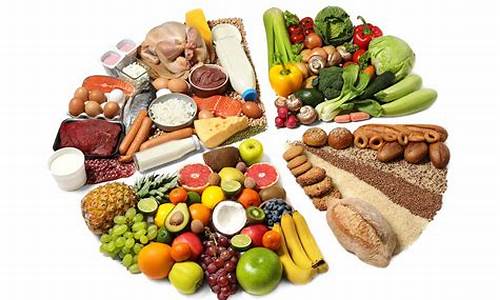Dietary Recommendations for Bone Health
Maintaining bone health is crucial for overall well-being, particularly as we age. A well-balanced diet rich in nutrients supports bone strength, helps prevent osteoporosis, and reduces the risk of fractures. Key nutrients like calcium, vitamin D, magnesium, and protein play essential roles in bone structure and function. This article will explore the dietary recommendations that can help strengthen bones and keep them healthy throughout life.
1. Importance of Calcium for Bone Health
Calcium is the most important mineral for bone health. It helps build and maintain strong bones and teeth. Dairy products like milk, cheese, and yogurt are excellent sources of calcium. For those who are lactose intolerant or prefer plant-based diets, calcium-rich alternatives include leafy greens like kale, broccoli, and fortified plant milks such as almond or soy milk.
2. Role of Vitamin D

Vitamin D is crucial for calcium absorption. Without adequate vitamin D, the body cannot effectively use calcium from food, leading to weakened bones. Sun exposure is one of the best ways to get vitamin D. Additionally, fatty fish like salmon, fortified cereals, and egg yolks are good dietary sources.


3. Magnesium’s Contribution to Bone Strength
Magnesium helps regulate calcium and vitamin D levels in the body. This mineral is found in foods such as almonds, spinach, and whole grains. A magnesium-rich diet supports the structural integrity of bones and prevents them from becoming brittle.
4. Protein for Bone Density
Adequate protein intake is essential for maintaining bone density and strength. Sources of high-quality protein include lean meats, poultry, beans, lentils, and tofu. Including protein-rich foods in your diet can help maintain bone mass and reduce the risk of fractures.
5. Limiting Bone-Damaging Foods
While focusing on bone-friendly foods is important, it’s also essential to limit foods that can damage bone health. Excessive salt, caffeine, and alcohol can interfere with calcium absorption and contribute to bone loss. Limiting these items while consuming a balanced diet can help protect your bones.
Conclusion


To support bone health throughout life, focus on a nutrient-dense diet rich in calcium, vitamin D, magnesium, and protein. Avoid foods that can negatively impact bone strength, such as excessive salt and alcohol. With the right nutrition, you can improve bone density, prevent bone-related issues, and promote lifelong bone health.